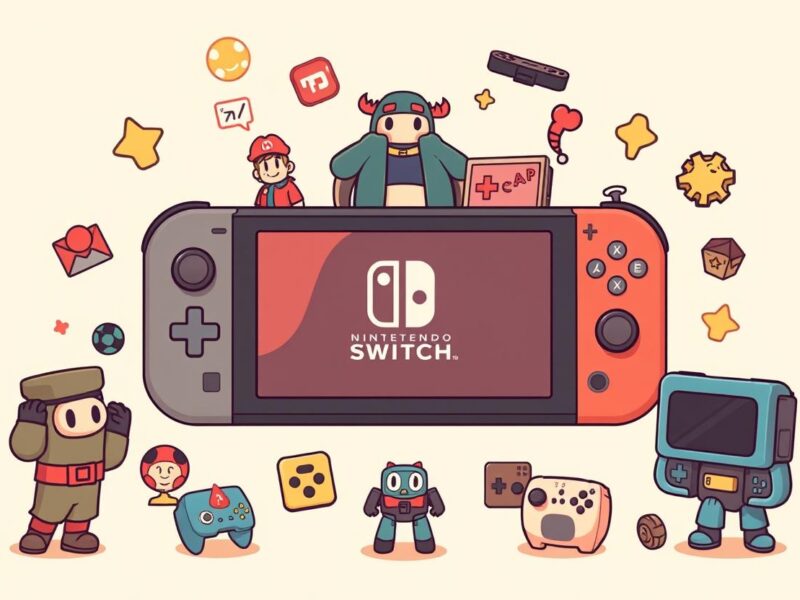Age, as they say, is just a number—yet it’s a number that carries weight, significance, and, for many, a fair share of anxiety. In our quest to understand and perhaps slow the aging process, technology, particularly artificial intelligence (AI), has emerged as a beacon of hope and a source of advice. But how reliable is this advice, and what does it tell us about our relationship with technology and our own mortality?
Bryan Johnson, a multi-millionaire deeply invested in longevity, has taken this relationship to a new level. By feeding his body’s data into an algorithm, he posits that AI could eventually outperform doctors in managing health and aging. This approach raises profound questions about the future of healthcare, the role of AI in our lives, and the ethical implications of such reliance on technology.
Curious about the practical advice AI could offer the average person, I turned to several AI platforms with a simple question: “What’s the best way to combat aging?” The responses varied from the general—emphasizing diet, exercise, and mental health—to the more detailed, such as Claude AI’s evidence-based strategies. However, it was Gemini’s inclusion of a disclaimer, urging consultation with a medical professional, that stood out. This caveat serves as a crucial reminder of AI’s current limitations and the importance of human expertise in health matters.
While AI can aggregate vast amounts of information to offer suggestions, it lacks the personalization and understanding of individual health contexts that doctors provide. This gap underscores the need for a balanced approach to using AI in health and aging—one that leverages technology’s strengths while recognizing its limitations.
As we navigate the intersection of technology and health, the journey of aging reminds us of the value of professional guidance, the importance of critical thinking, and, perhaps, the need for a good moisturizer.


